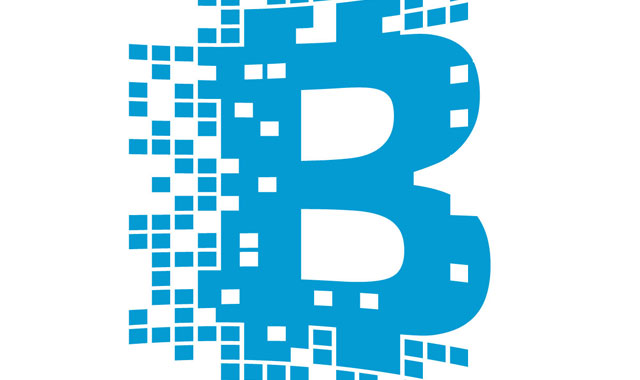 The Companies Act of 2008 recognises that firms operate in a digital age and has, to a limited extent, made provision for technological changes. These provisions do not, however, contemplate the quantum leap presented by blockchain technology.
The Companies Act of 2008 recognises that firms operate in a digital age and has, to a limited extent, made provision for technological changes. These provisions do not, however, contemplate the quantum leap presented by blockchain technology.
The Companies Act, read together with the Electronic Communications and Transactions Act, allows for information to be stored digitally, notices for shareholder meetings to be sent electronically and meetings to take place on an electronic platform, such as videoconferencing or Skype.
Despite this, shareholder voting remains a manual process, with votes physically counted. While e-voting is considered an inevitable development, insufficient cybersecurity makes it unsecure and vulnerable to hacking. This, however, may soon change as automated voting through blockchain technology promises improved efficiency and transparency.
 The blockchain is a digital ledger most commonly known as the technology underlying cryptocurrency bitcoin. This ledger is decentralised in that an identical version exists on every device forming part of the blockchain network. The ledger records every transaction known as blocks and each block is linked to the previous block. The records are immutable and, once recorded, data cannot be amended retrospectively.
The blockchain is a digital ledger most commonly known as the technology underlying cryptocurrency bitcoin. This ledger is decentralised in that an identical version exists on every device forming part of the blockchain network. The ledger records every transaction known as blocks and each block is linked to the previous block. The records are immutable and, once recorded, data cannot be amended retrospectively.
Voting with blockchain technology means each shareholder would be issued with a digital asset, a digitally created mechanism that enables the shareholders’ voting rights to be signified digitally. Shareholders would then be issued with tokens to cast votes on resolutions on which they have voting rights.
Currently, voting requires the recording, management, counting and checking of votes. Blockchain eliminates these tasks and empowers voters to do this themselves as each voter holds a copy of the voting record. Records cannot be changed once voting has taken place, thereby shifting power from a central authority to the shareholders as a whole.
While blockchain presents an exciting opportunity to the future of voting, it goes even further because e-voting could be combined with smart contracts. Smart contracts are computer coded, which make the performance of contractual obligations self-executing under agreed conditions. Combining smart contracts with blockchain technology provides certainty and transparency through a shared, immutable ledger. If, for example, a shareholders’ resolution is passed in favour of the sale of an asset, blockchain could automatically trigger the implementation of such a sale, giving effect to the underlying contract immediately.
Nasdaq, an exchange operator in New York, conducted a blockchain e-voting trial in Estonia and declared it a success. The trial results showed that blockchain voting reduced the complexity and cost of voting, increased the speed of the voting process and boosted overall shareholder participation.
Strate
Strate, South Africa’s central securities depository, has set up a blockchain research network together with the country’s largest banks, with the Reserve Bank and Financial Services Board in observing roles. It wants to find solutions using blockchain for the electronic settlement of equity and bond transactions concluded on the JSE. Blockchain technology would cut out the middleman, lowering transaction fees and increasing efficiency by eliminating record-keeping.

The European parliamentary research service recently published a report highlighting the potential revolutionary effect of blockchain on voting not only at shareholder meetings, but in national elections.
The state of Delaware in the US, home to more than 66% of Fortune 500 companies and 85% of initial public offerings in that country, launched the Delaware Blockchain Initiative. The programme aims to attract innovative companies by providing regulatory certainty with regards to this technological trend. In March 2017, proposed amendments to the Delaware General Corporation Law were released, which contain significant advancements in the use of blockchain technology in corporations. The amendments propose the use of the distributed general ledger for legally required corporate record-keeping.
This technology is a game-changer. It could significantly simplify and streamline various processes, most notably in voting.
- Georg Kahle is a director and Adriaan Louw a candidate attorney at Norton Rose Fulbright

